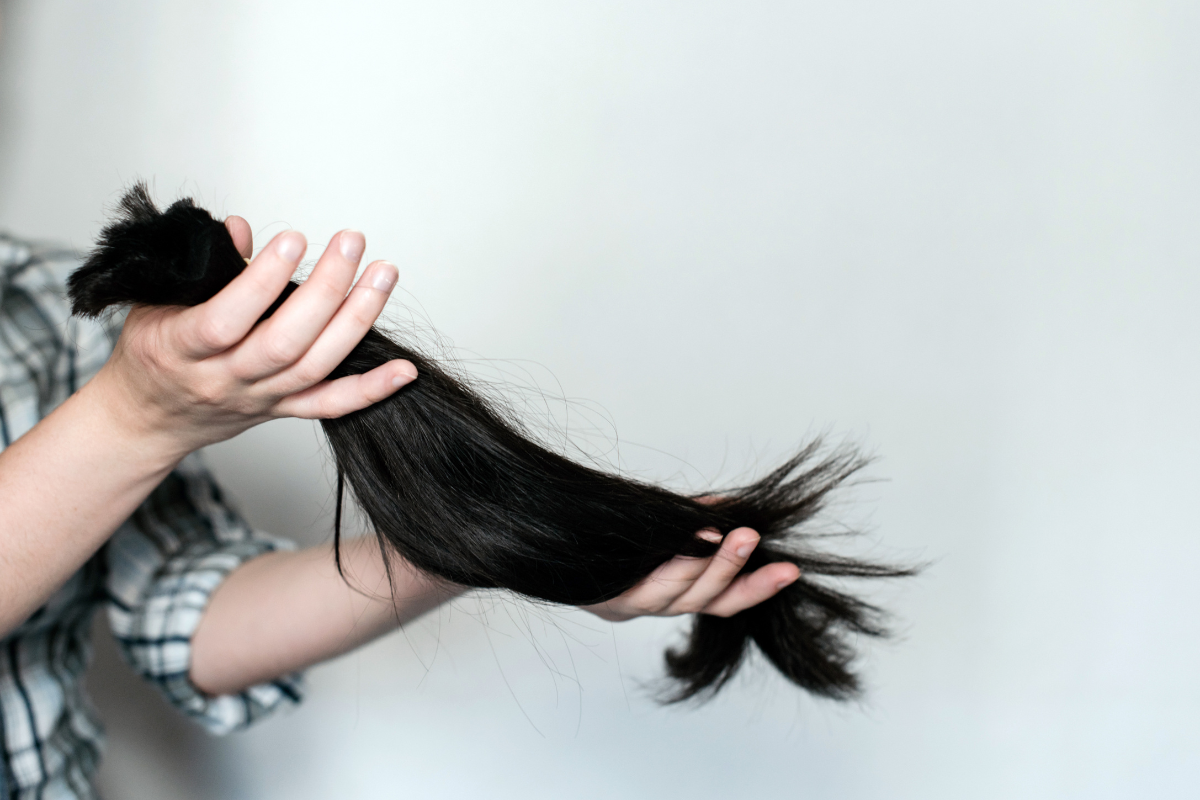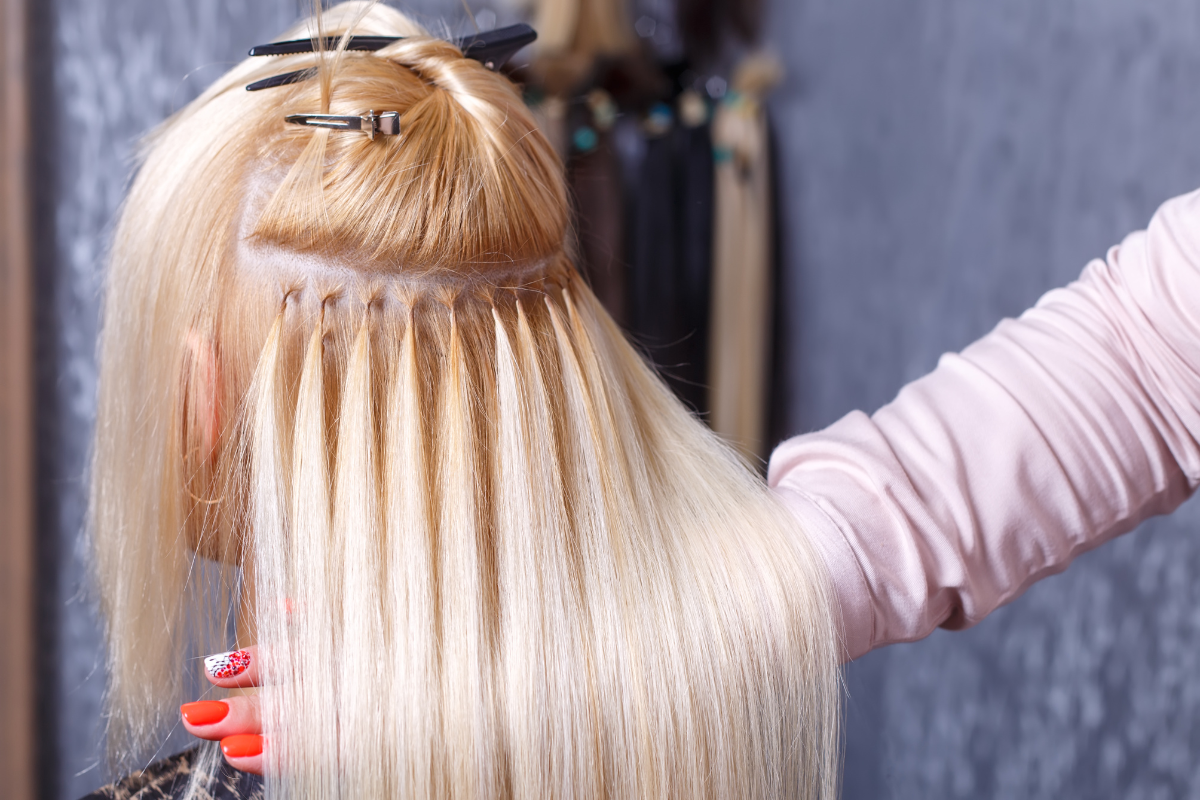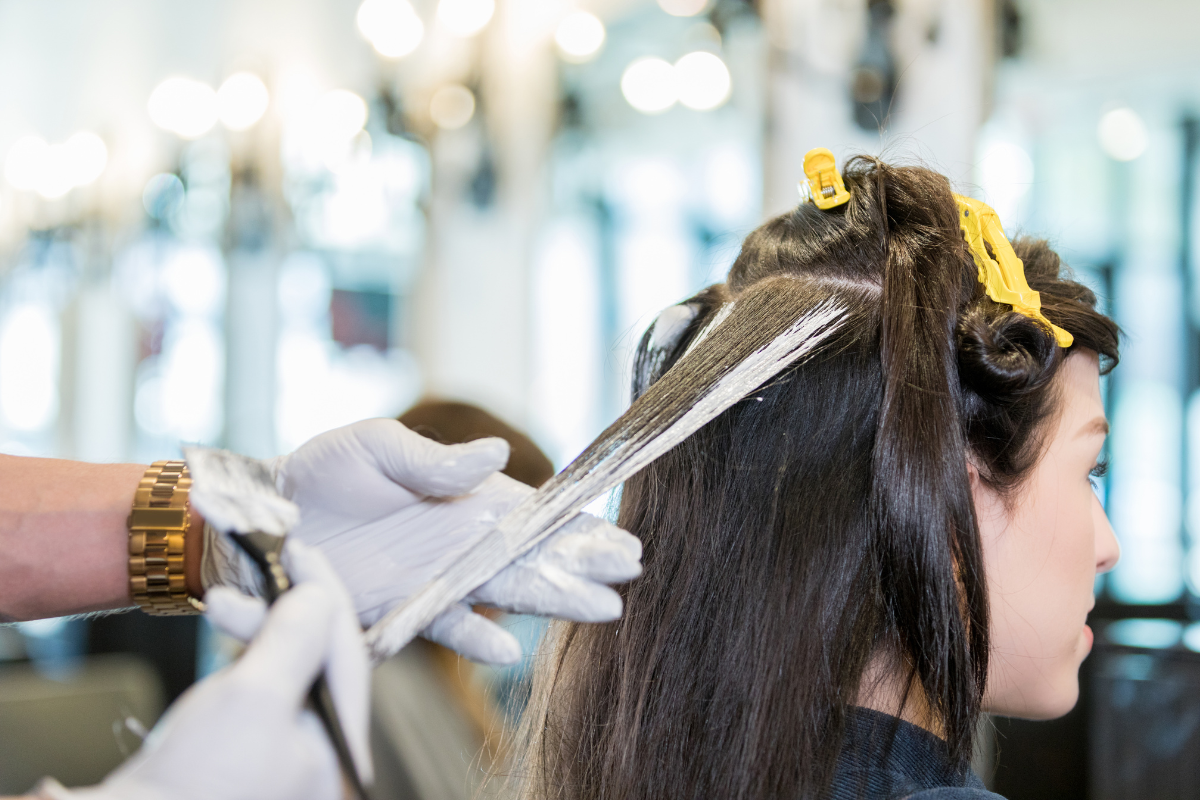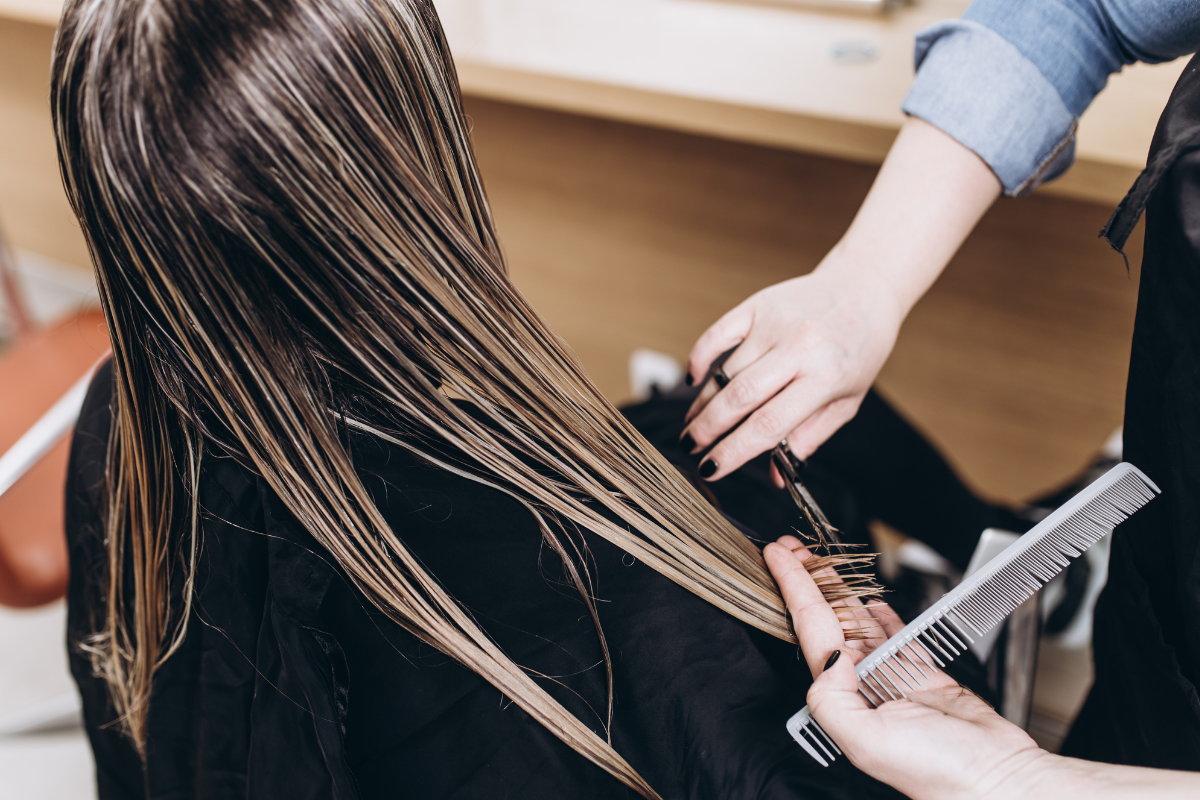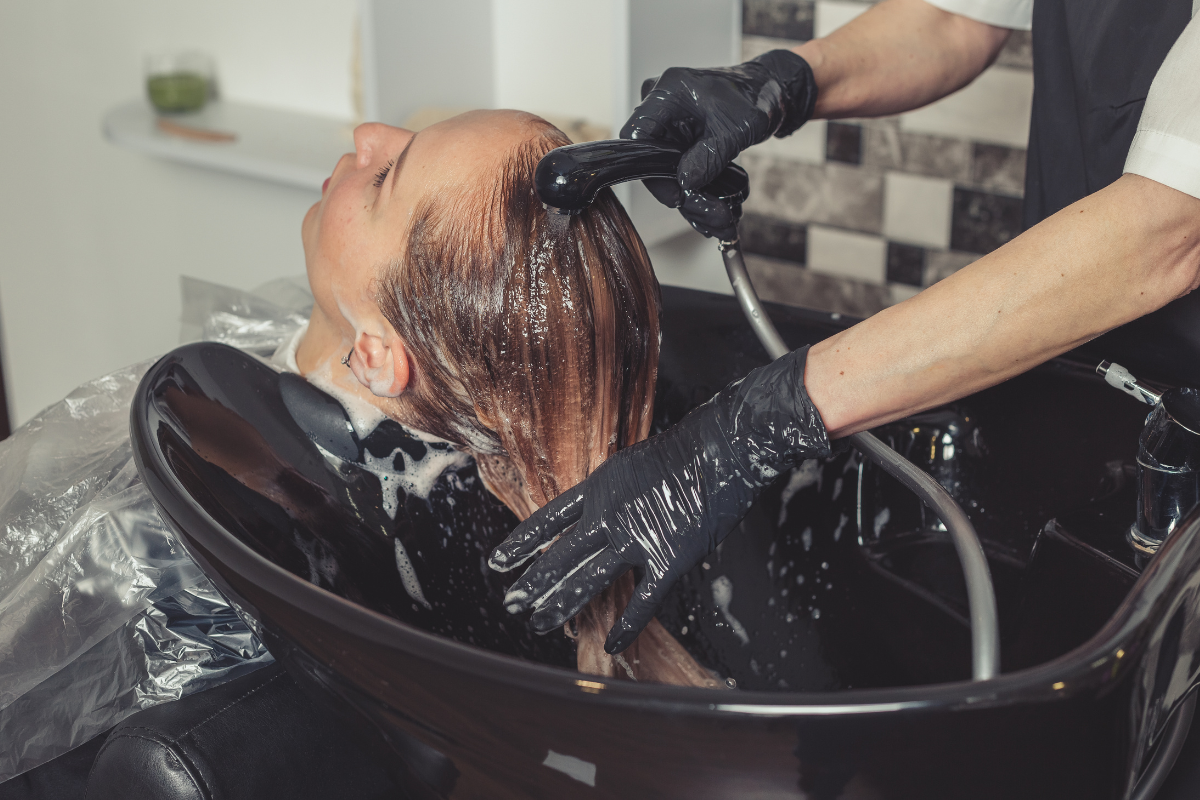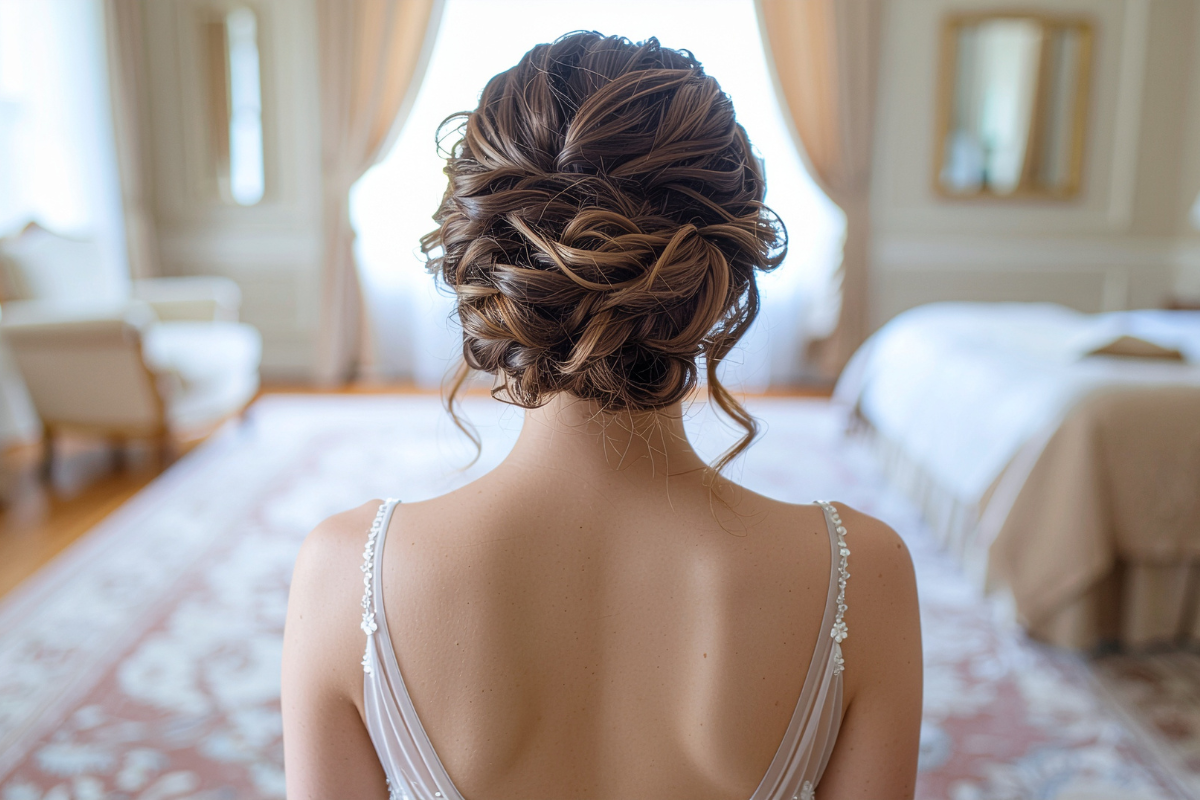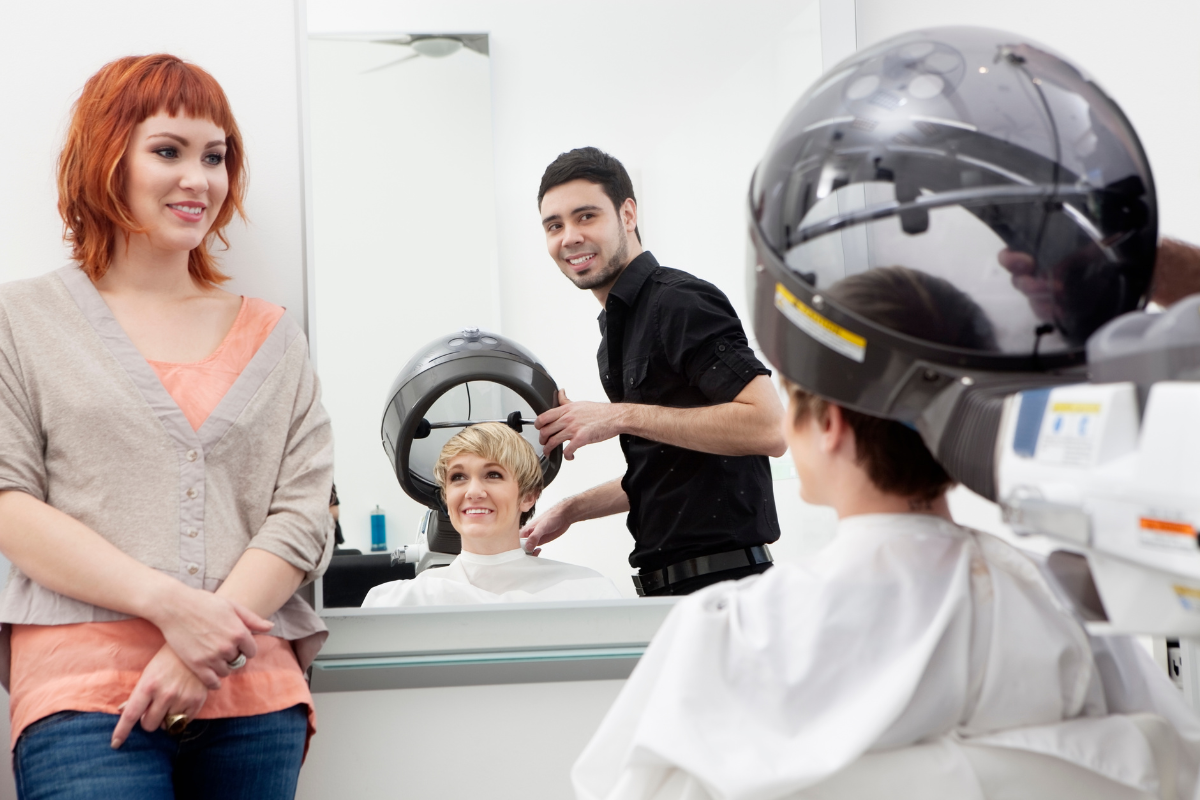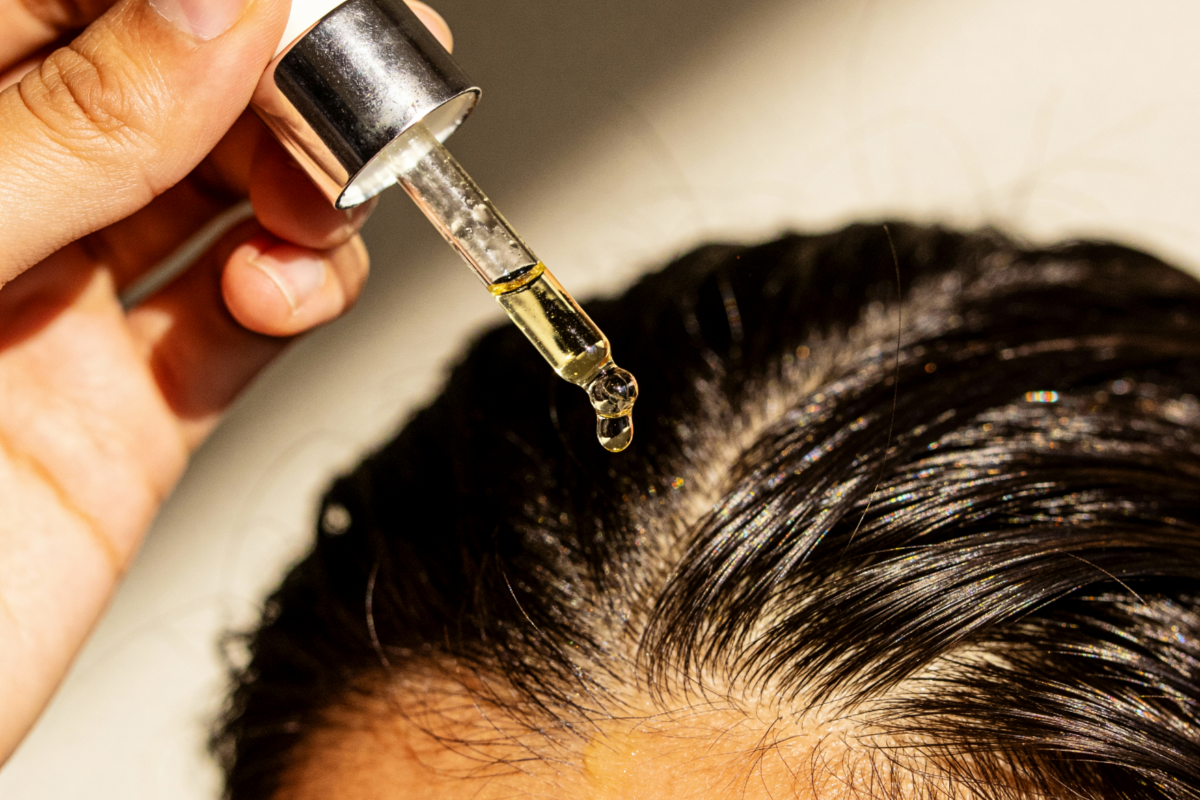
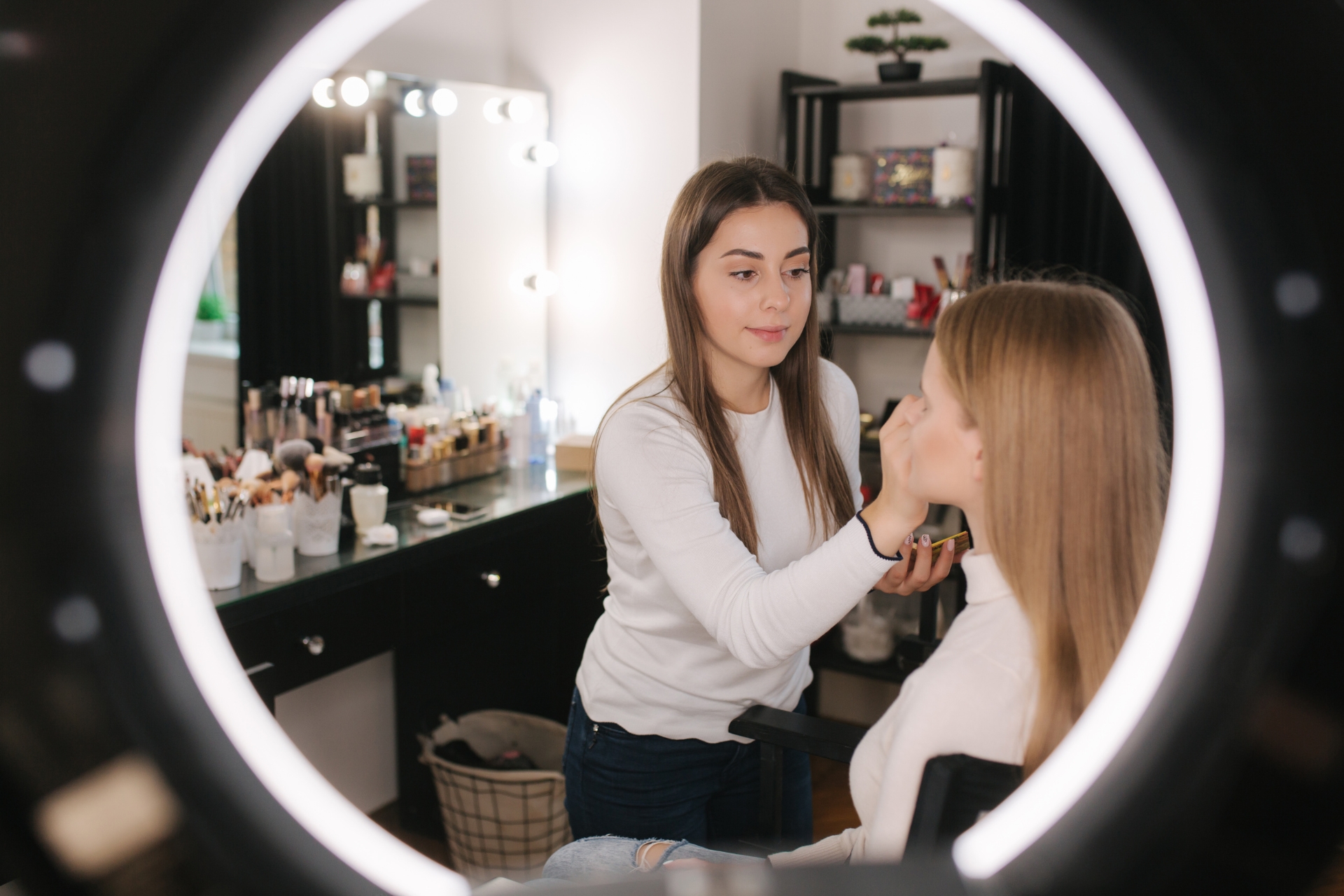
In recent years, the beauty industry has experienced a significant shift towards inclusivity, embracing diverse hair and skin types more than ever before. This transformation is particularly evident in establishments like the Charleston beauty salon, where the focus is on providing services that cater to a wide range of clients. The evolution of beauty standards and the growing recognition of the unique needs of different hair textures and skin tones are driving this change, making beauty more accessible and personalized.
Beauty standards have evolved dramatically over the decades, moving away from a one-size-fits-all approach to a more inclusive and individualized perspective. Historically, beauty trends were dominated by Eurocentric ideals, often neglecting the diverse array of hair textures and skin tones found around the world. Today, there is a greater appreciation for natural beauty, with a focus on celebrating individuality. This shift has encouraged salons and beauty brands to broaden their offerings and develop products and services that cater to everyone.
One of the most significant areas of change has been the recognition and understanding of diverse hair types. Hair textures vary widely, from straight and wavy to curly and coily, each requiring different care techniques and products. Salons like Gibson Hair and Makeup have become pioneers in this space, offering specialized services that address the unique needs of each hair type. This includes everything from curl-enhancing treatments for those with natural curls to smoothing services for individuals with frizz-prone hair.
The market for hair care products has also expanded to include a wide range of options tailored to different textures. Brands are now developing shampoos, conditioners, and styling products that cater specifically to curly, coily, and textured hair. Ingredients such as shea butter, coconut oil, and argan oil have become staples in these products, providing the moisture and nourishment that diverse hair types need. Salons are not only using these products in their services but also educating clients on how to maintain their hair at home.
In addition to hair care, the skincare industry is also making strides towards inclusivity. Skin tones and types vary greatly, and what works for one person might not work for another. Inclusive beauty salons are investing in training their staff to understand these differences and offer personalized skincare treatments. This includes recognizing the unique concerns of different skin tones, such as hyperpigmentation in darker skin and sensitivity in fair skin. Customizable facials, targeted treatments, and a wide range of skincare products are now available to address these diverse needs.
Another important aspect of inclusive beauty is the incorporation of cultural beauty practices. Many cultures have unique beauty rituals and traditions that have been passed down through generations. Salons like Gibson Hair and Makeup are embracing these practices by offering services that respect and celebrate cultural diversity. This might include traditional hair braiding techniques, henna tattoos, or the use of natural ingredients like ayurvedic herbs in treatments. By incorporating these elements, salons can provide a more holistic and culturally sensitive beauty experience.
To effectively cater to diverse hair and skin types, continuous education and training are essential for beauty professionals. Many beauty schools and training programs are now including modules on diversity and inclusion, teaching future stylists and estheticians how to work with a wide range of clients. Salons are also investing in ongoing training for their staff, ensuring they are up-to-date with the latest techniques and products. This commitment to education helps create a more knowledgeable and inclusive industry overall.
Social media has played a significant role in the push towards inclusivity in the beauty industry. Platforms like Instagram and YouTube have given a voice to diverse beauty influencers who share their experiences and advocate for representation. These influencers often collaborate with brands and salons, helping to promote products and services that cater to diverse needs. Their visibility and reach have been instrumental in changing perceptions and encouraging the industry to be more inclusive.
Looking ahead, the future of inclusive beauty looks promising. As awareness continues to grow, more salons and beauty brands are likely to embrace diversity and expand their offerings. The goal is to create an industry where everyone feels seen, valued, and beautiful, regardless of their hair texture or skin tone. By continuing to innovate and prioritize inclusivity, beauty salons like Gibson Hair and Makeup are leading the way towards a more diverse and equitable industry.
In conclusion, the trend towards inclusive beauty is reshaping the industry in profound ways. With salons like the Charleston beauty salon at the forefront, the focus on diversity is creating more personalized and culturally sensitive beauty experiences. By understanding and celebrating the unique needs of all clients, Gibson Hair and Makeup is setting a new standard for inclusivity in the beauty world.

